Social / Demographics
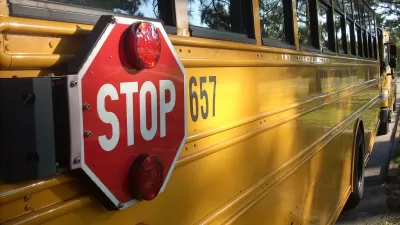
Exclusionary Schooling: The Forces that Widen the Achievement Gap
Sixty years after Brown v. Board, exclusionary zoning and school district rules still promote the economic and racial segregation of public schools.
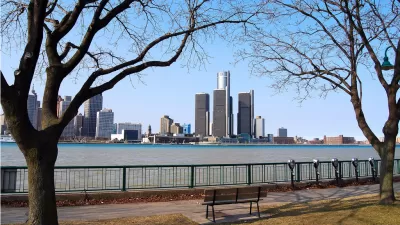
White Population Shifting Decades-Long Trends in Cities
The Census has confirmed what many trend stories and liberals have been saying for a while now—white people are moving back to cities.
Thoughts on the Dynamic Cities Sector
After spending more than a decade in government and real estate development, Brian Swett recently joined Arup in the role of Director of Cities and Sustainable Real Estate in the Americas. We asked for his thoughts on urban expansion and development.
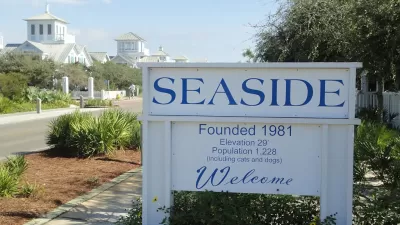
Thoughts on Seaside at 35
Seaside, Florida: what’s possible when vision, tradition, creativity, adaptation, and, yes, time converge in ways that allow for careful study and consideration.

Still Gritty: Crime Wave in Downtown Los Angeles
As people and jobs stream into the district, downtown's long-simmering problems butt up against vigorous urban renewal. Crime is up, but so are property values.
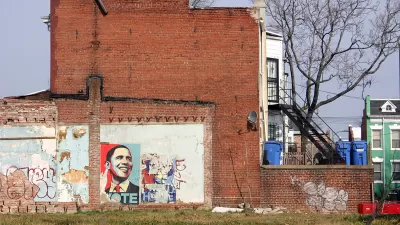
Street Artist Shepard Fairey Tackles Detroit
After billionaire landlord Dan Gilbert commissioned a mural, less-legal works in Fairey's style began showing up around the city. Detroit's case against the artist brings gentrification's ironies into focus.

Op-Ed: Stop Attacking My Suburb!
A proud suburban resident defends her neighborhood from the criticisms of city-dwellers. It's not walkable, it's not perfect, but it's home.
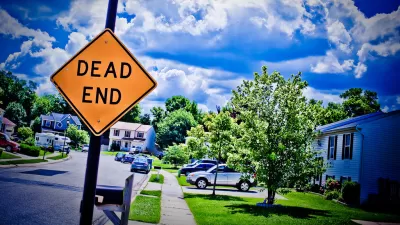
Poverty Less Rural Than 50 Years Ago
It used to be that the nation's rural areas suffered from the highest poverty rates. Today, nearly half of the American poor live in mid-sized counties.
Surveying the Academic Findings about Gentrification and Displacement
Gentrification is neither a quick nor an easy study—as many Planetizen readers know. But what has been discovered thus far, and what obstacles to more understanding need to be overcome?
New Census Data Shows Lack of Improvement on Income, Poverty
While the Census Bureau reported impressive findings on the reduction of Americans without health insurance last year, there was nothing impressive in the numbers on income and poverty, notwithstanding an increase in employment.

Census Reveals the States Where the Affordable Care Act Has Insured the Most Residents
If the goal of the Affordable Care Act is to reduce the percentage of Americans without health insurance, new Census data shows it's doing just that. Americans without health insurance fell by three percent last year, or 8.8 million people.
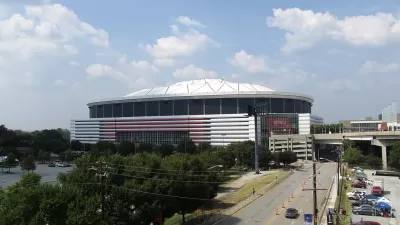
When Publicly Funded Stadiums Gut Neighborhoods
In Atlanta—and throughout the country—city politicians have proven willing and eager to support stadium construction. But though these facilities are marketed as economic drivers, they often cause steep declines instead.
The problems of success in the new urban era
Cities face challenges associated with rising values, an influx of more educated residents, and gentrification. Here's what cities can do.

Small Clubs Make Creative Hubs: the Importance of Live Music Venues
Cities like London are losing their creative edge because the small music venues that foster it are being pushed out.
City Report: Mission Moratorium Backfires on its Goals
A new report from the San Francisco Office of Economic Analysis shows that Prop. 1, an 18-month moratorium on the development of market-rate housing in the Mission to appear on November's ballot, would not meet the housing goals it seeks to attain.

Houston on Target to Become Nation's Third Largest City
The Philly Voice provides a primer on Houston's ascendance up the ranks of major U.S. cities as it evolves into a more urban version of itself.

Walkability: It's About Experience
The Surgeon General's call to action, Step It Up, asks us all to get moving. And that to do that, to clear the hurdles to walkable, bikeable, rollable places. We knew that sitting is the new smoking, and now we have the full admonition to go with it.
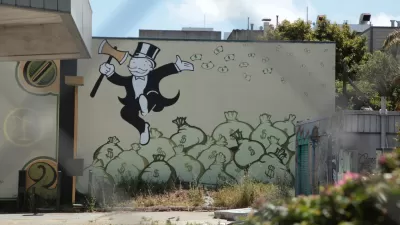
Where Will Gentrification Happen Next?
This map tool hows gentrification-related statistics by Bay Area neighborhood, helping communities guess where the heaviest gentrification will occur.
The Pioneers of Huntsville, Alabama
For some STEM-intensive firms, the cost of living in Silicon Valley is a deal-breaker.
Tech Shuttle Pilot Might Stick Around San Francisco
They're hated by many, blamed for the city's gentrification, but are an integral part of regional transportation, enabling tech employees to work on the Peninsula and South Bay while living in the city. A city-approved pilot may become permanent.
Pagination
Urban Design for Planners 1: Software Tools
This six-course series explores essential urban design concepts using open source software and equips planners with the tools they need to participate fully in the urban design process.
Planning for Universal Design
Learn the tools for implementing Universal Design in planning regulations.
Gallatin County Department of Planning & Community Development
Heyer Gruel & Associates PA
JM Goldson LLC
Mpact (founded as Rail~Volution)
City of Camden Redevelopment Agency
City of Astoria
Jefferson Parish Government
Camden Redevelopment Agency
City of Claremont


































